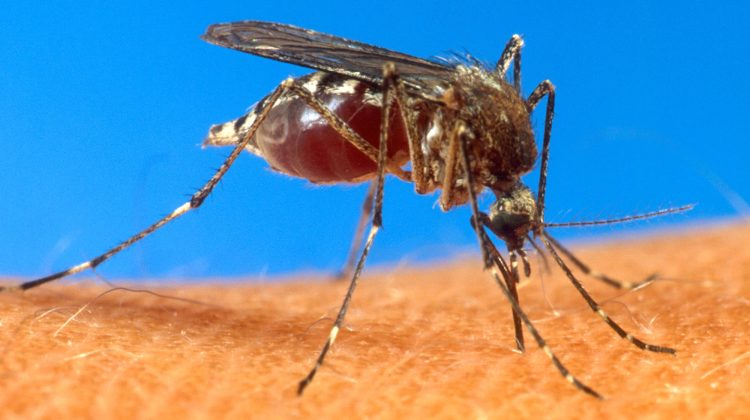LYNN — The Massachusetts Department of Public Health (MDPH) announced on Aug. 29 that West Nile Virus (WNV) has been detected in mosquitoes collected from Lynn.
West Nile virus is a mosquito-carried virus that can cause illness ranging from a mild fever to more serious diseases like encephalitis or meningitis, according to the MDPH.
MDPH reports that 80% of those infected with WNV experience no symptoms, while approximately 20% of those infected will experience symptoms such as fever, headache, body aches, nausea, vomiting, skin rash, and sometimes swollen lymph glands.
Less than 1% of people infected with WNV will develop severe illness, including encephalitis or meningitis. Those 50 and older are at higher risk of developing severe illness with WNV.
Between 2014 and 2023, 131 people were reported with WNV infection in Massachusetts, and eight of these people died, according to MDPH.
A WNV risk map offered by MDPH’s Epidemiology Division of the Bureau of Infectious Disease Laboratory Sciences shows that one positive WNV mosquito sample was found in Lynn on Aug. 25.
As of Friday, Lynn is at a “moderate” risk level for WNV. The scale ranges from low, moderate, high, to critical, and the map’s data is based on seasonal testing from June to October of 2025.
The Centers for Disease Control and Prevention reports that one human infection with WNV has been recorded in Essex County in 2025. The information was last updated as of Aug. 26.
According to a statement from the Lynn Public Health Division’s Inspectional Service Department, in 2024, 8,597 mosquito samples were tested for WNV, and 333 samples were positive. Lynn had one WNV-positive mosquito sample identified in 2024. In 2023, 765 mosquito samples were tested for WNV, and 164 samples were positive. Lynn had zero WNV-positive mosquito samples identified in 2023.
To help protect yourself from WNV infection, Lynn Public Health recommends residents take precautions by applying insect repellent and wearing long sleeves, long pants, and socks when outdoors. It also recommends mosquito-proofing your home by limiting items that hold water and installing screens on windows and doors. Peak mosquito hours are from dusk until dawn.
More resources can be found at:
https://www.lynnma.gov/city_government/departments/publichealth/resources/summer_resources
More information can be found at:



